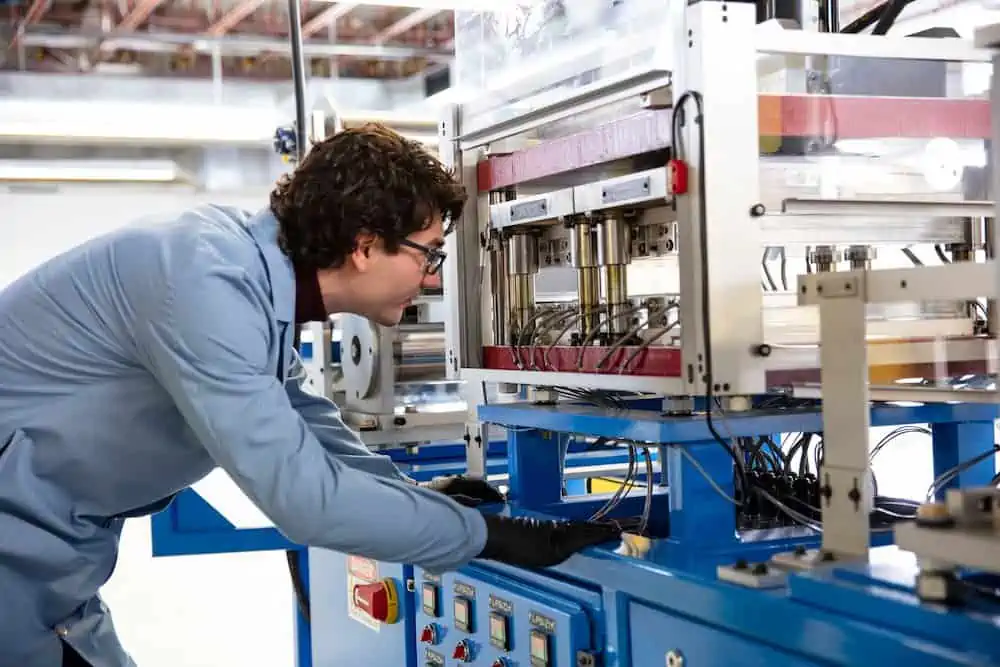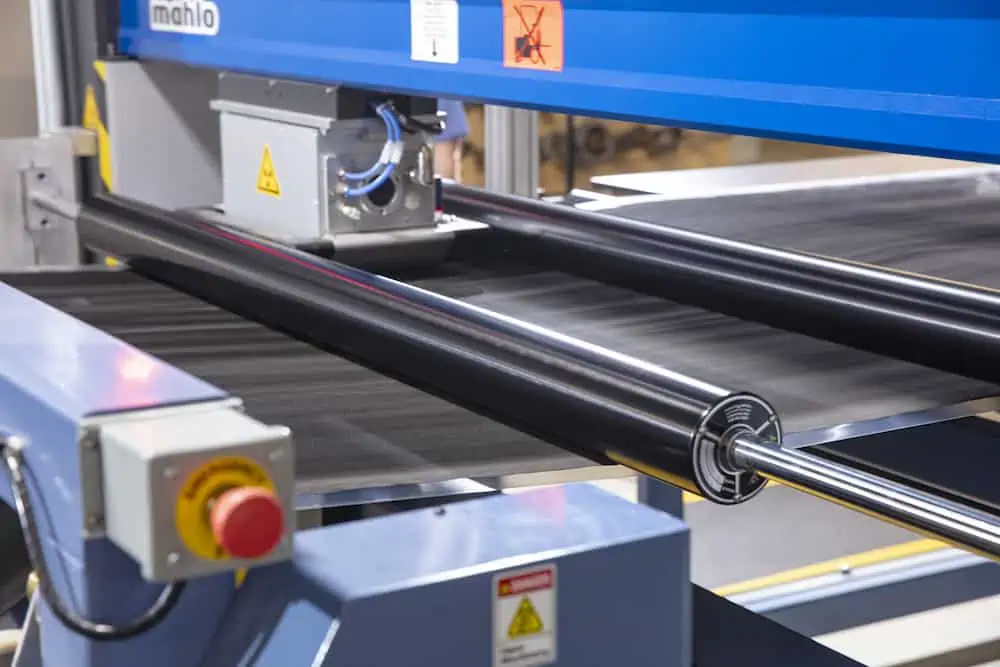Boston Materials has announced the launch of ZRT Lightweight Bipolar Plates in collaboration with Arkema, using ZRT composite films to make significantly lighter bipolar plates made with 100% reclaimed carbon fiber.
With the launch of this new product, Boston Materials is disrupting the burgeoning hydrogen fuel cell market, and shattering the industry’s cost and weight targets. With hydrogen becoming one of the cleanest options to power industries that typically rely on fossil fuels, especially for drones, warehouse automation, long-haul trucking, and aviation applications, these lightweight bipolar plates are increasing fuel cell capacity and enabling hydrogen fuel cells to be more competitive than other alternatives.
“With this new product, Boston Materials is unlocking a significant performance and cost advantage for fuel cell makers, allowing them to convert their end users from fossil fuel to higher functioning, cleaner systems that are powered by hydrogen,” said Anvesh Gurijala, CEO of Boston Materials. “We are thrilled to partner with Arkema on this initiative as we expand into the energy storage market.”
When it comes to hydrogen fuel cells and energy storage, the bipolar plate is a key component of a fuel cell stack. It passes the current generated within a fuel cell throughout the stack, ensures the proper flow of hydrogen and water, and maintains overall structure, all while withstanding the internal hot and corrosive conditions.
Bipolar plates account for up to 80% of the overall stack weight, and plates made with Boston Materials’ ZRT are more than 50% lighter than the incumbent stainless steel plates. This weight reduction increases the capacity of the fuel cell by 30%.
“As Arkema continues to invest in sustainably manufactured high performance polymers, we are excited to work with Boston Materials on this new application for energy storage,” said Mickael Havel, Business Development Director at Arkema. “Together, we have the potential to unlock new market opportunities for polymer composite materials and significantly reduce overall carbon emissions within the industry.”
Boston Materials’ ZRT composite films are made using the company’s patented Z-axis Fiber technology – a lightweight material that can diffuse energy. Produced from 100% reclaimed carbon fiber, Z-axis Fiber is enabling new, high-volume, energy-efficient products that have a low carbon footprint.
By turning a $2 billion per year waste stream into high-value, advanced materials, Boston Materials is enabling the next generation of products and unlocking a circular economy.




















